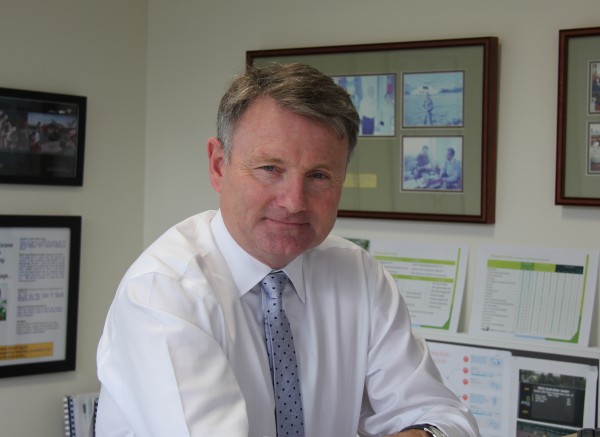A senior leader of the private health insurance sector has rejected out-of-hand a report produced by the MTAA on the pricing of prostheses.
The report, produced by PwC and commissioned by the Medical Technology Association of Australia, found a baseline 15.3 per cent differential between prostheses pricing in the private and public systems - equating to just over $300 million every year.
The report was based on data provided by medical device companies.
According to PwC, "This captures approximately 78.2% of the total PL benefits paid during 2015-16 (based on Australian Prudential Regulation Authority (APRA) private health insurance expenditure data) and 69% of all billing codes on the February 2017 PL."
However, the report's findings have been strongly rejected by a private health insurance leader.
"Given the profit-driven behaviour of prosthesis manufacturers in this country I place no credence in any report produced by the MTAA," said Mr Gerard Fogarty, CEO of Defence Health, who is also on the Board of Private Healthcare Australia (PHA).
"We stand by the material published a few years ago by Private Healthcare Australia that shone a light on the complete rort in prosthesis pricing in private settings."
A 2015 report commissioned by PHA identified what it said was $800 million in savings from annual expenditure on prostheses that could be secured "while preserving quality of care."
The report proposed two major reforms - reference pricing to international benchmarks and the integration of prostheses costs into an episode-based payment.
Mr Fogarty also pointed to the recently completed report on prostheses pricing by the Independent Hospital Pricing Authority (IHPA) that found a significant price differential between the public and private system. The MTAA has rejected the findings of the report.
"I also understand that he [health minister Greg Hunt] asked for this report [IHPA] due to irrefutable evidence of prosthesis price differentiation in private vs public sectors," said Mr Fogarty. "I look forward to its results being used by the Government to ensure that private patients pay no more for a device in a private setting than they would in a public setting."
Private Healthcare Australia believes the average public hospital price used in the PwC report is unreliable because it is mix adjusted and calculated by reference to private hospital volumes. It also says the report confirms that health funds paid twice as much as public hospitals for prostheses - 2.3 million prostheses to public hospitals at a cost of $834.7 million compared to 2.1 million prostheses to private hospitals at a cost of $1,561.4 million.
